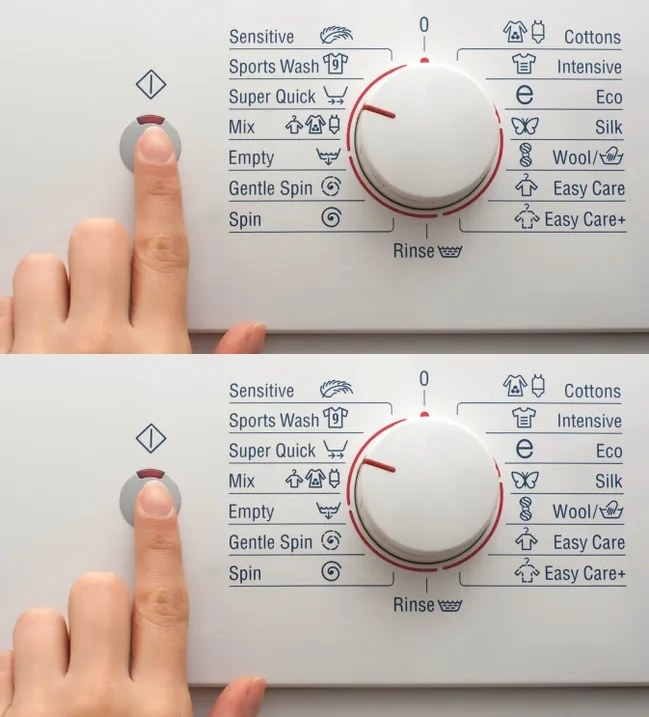ADVERTISEMENT
2. Detergent Doesn’t Fully Activate
Detergents, especially powders and some liquid formulas, need adequate time to dissolve and activate. The quick wash cycle doesn’t allow for sufficient mixing or agitation, leaving residue on your clothes and potentially inside your washing machine. This can lead to:
- Clothes that feel sticky or stiff.
- Skin irritation due to detergent residue.
- Build-up in the machine, leading to unpleasant odors.
3. Increased Wear and Tear on Fabrics
Quick wash cycles may use more aggressive spinning or higher water pressure to make up for the shorter cleaning time. This can lead to:
- Fabric damage like pilling or stretching.
- Faded colors due to harsher conditions.
Delicate fabrics, in particular, are at greater risk of losing their integrity when washed on a quick cycle.
4. Energy Efficiency Might Be Misleading
While a quick wash uses less time, it may not always save as much energy or water as expected. Many modern machines compensate for the shorter cycle by increasing water usage or spinning more vigorously. Over time, this can:
- Cancel out energy savings.
- Contribute to higher water bills.
5. Hygiene Concerns for Certain Fabrics and Items
Clothes and items like towels, undergarments, or baby clothes need thorough cleaning to remove bacteria, sweat, and oils. A quick wash doesn’t reach the higher temperatures or extended rinse cycles needed for proper hygiene, which may leave harmful microorganisms on fabrics.
6. Potential Machine Maintenance Issues
The quick wash cycle’s shorter rinse and spin times may leave detergent or dirt residue in your machine. Over time, this build-up can:
- Cause unpleasant odors in your washing machine.
- Lead to clogs or damage in internal components.
- Shorten the lifespan of your appliance.
Please Head On Over To Next Page
ADVERTISEMENT
